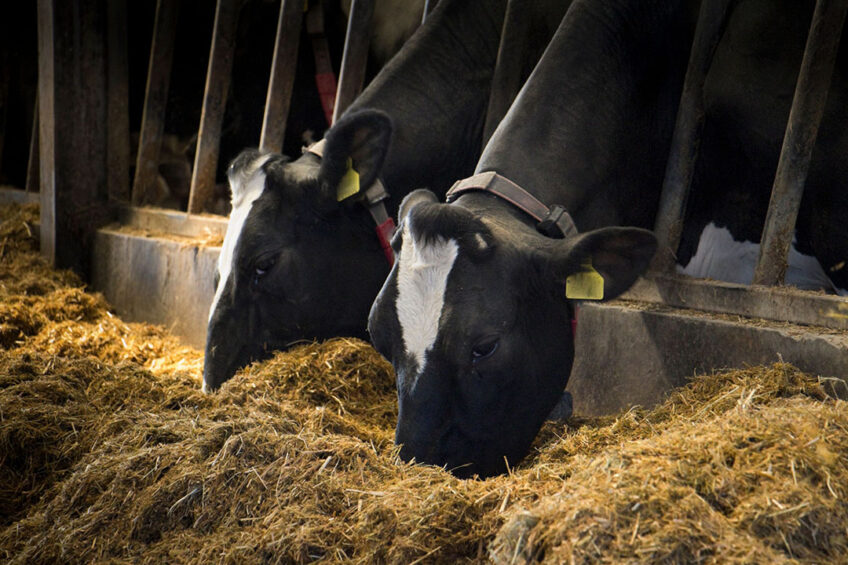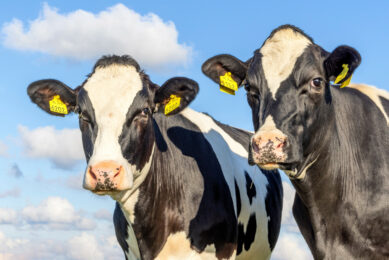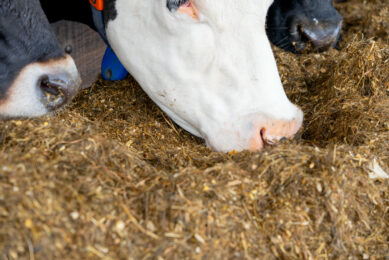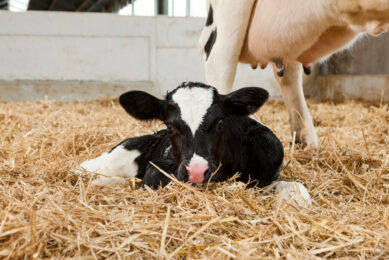Research: feed additive from wood to cut methane in Russian dairy

A group of scientists from Volga Research Medical University in Russia has developed a feed additive from wood waste. In a set of field trials, a 30% drop in methane emissions from dairy cows and a 12% rise in milk yields could be seen.
“Developing methods for reducing methane emissions from ruminants is an urgent task,” said Timur Khalitov, director of the Nizhny Novgorod World-class Scientific and Educational Center.
The new feed additive is produced at the timber and chemical enterprise Scientific and Technical Center Khiminvest LLC from wood waste generated during logging. The scientists explained that the key role in lowering methane emissions is wood, which helps reduce methane production while improving cattle’s energy metabolism and the quality of milk products.
“The developed feed additive contributes to a shift in the fermentation structure in the rumen. It leads to inhibition of the growth and vital activity of methanogenic bacteria, which secured a drop in the intensity of methane release,” explained Nikolai Karyakin, one of the authors of the study.
They added that the amino acids in the feed additive’s composition improves taste and raises the immune factor. Fat protein content jumps by 10-15%, the scientists estimated.
Lower methane in dairy
Vasily Korotkiy, director of Khiminvest, said that the feed additive helps an average dairy farm to not only lower methane emissions but also to improve profitability. The authors of the study claim that dairy farmers in western Siberia, Perm, Udmurtia, the Urals Territory, the Crimea have already started using the additive. It also has been tried by farmers in Belarus and Kazakhstan, the scientists said.
Food waste in the spotlight
This is not the first attempt to use food waste in feed production in Russia. In 2021, Russian equipment supplier, Zhasko, developed an extruder for sawdust processing. The company explained that, in general, the idea of using sawdust as a feed additive is tempting since wood waste is rich in saccharides, but the nutrients are packaged in cellulose and hemicellulose.
After proper treatment, sawdust can be digested by animals, which means it could serve as an inexpensive and valuable option for livestock farms. Still, wood waste is yet to become a widely used solution in the Russian feed industry.
For more info, see: Statement by the Russian Science and Education Ministry (In Russian)
Join 13,000+ subscribers
Subscribe to our newsletter to stay updated about all the need-to-know content in the dairy sector, two times a week.










